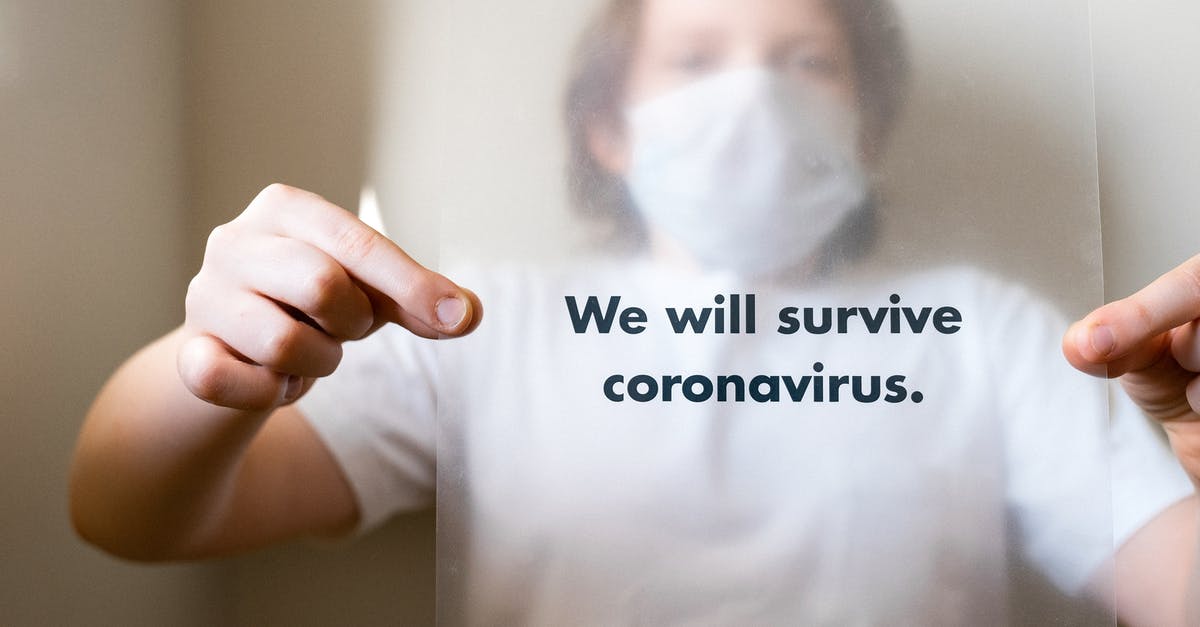Looking for hurricane advice and sources

With the news of hurricane 'Matthew' showing up, and my holiday coming up soon I'm a little concerned. Here in Europe we don't have to deal with these types of things often so I'm a little lost on what to do.
What I need to know:
Should I be worrying about this? It's in 3 weeks and I'm going to Texas. Flying to IAH, travelling to Dallas, Austin, San Antonio. It'll take a while before it hits land, is it likely it'll be less bad by then?
What is a good source for hurricane tracking/news? I tend to find sites that are very unclear or just very 'media-ish', being very panic-y.
Best Answer
The other answer mentioned how to track the hurricanes, so I only add the information what to do if you must expect to meet one.
Cyclones (meteorologically) have different names like hurricanes in the US/Caribbean and typhoons in East Asia, but they are all the same phenomenon.
The difference between an European storm and a cyclone is that cyclones are much more powerful. A very strong storm here in Europe is something like 130 km/h, but that is only a weak hurricane.
Find high ground. Three causes are responsible for storm flooding far beyond normal levels: The very low pressure in hurricanes (raising the sea level) together with extremely strong winds (very high waves) and extremely strong rain (it is several times stronger than even a thunderstorm downpour in Europe and very hard to describe properly) cause storm flooding far beyond normal levels. So leave the vicinity of the sea and try to find a proper shelter. Drowning and being flushed away are very real dangers.
Find shelter for the severe winds. The houses in hurricane/typhoon areas are reinforced, the people know normally how to prepare for hurricanes (nail wood planks over the windows). If you are secure of flooding, use the basement. If you have no basement, use the bathroom. The bathroom is the smallest room and has tubing which reinforces the walls and gives best protection. Be not surprised that the wind pressure is strong enough that rain sickers through the walls. Forget those advices of opening windows to equalize pressure, simply make your rooms as tight as possible.
BE AWARE OF THE CALM EYE !! I cannot believe this vital information is often left out. In contrast to normal European storms cyclones have the "eye of the storm", a small and very calm center which has often open sky, but it is also surrounded by the most intense winds. People hear the storm howling and suddenly very rapidly the storm is calming down. They think the storm is over and go out when in reality they are in the eye. The back section now surprises them in full force, often killing them. So hurricanes are quieting down over hours, not minutes. If it stops, it is not over, it is simply the eye, DO NOT LEAVE COVER.
Be cautious after the storm. Very likely water is on the street, building rapid, but inconspicous torrents. Even if you are not swept away, shards and nails can cause injuries and infections. Transmission lines could be down and electrocute people. Be aware that very likely hospitals are operating as far as it will go because many people are injured, but the infrastructure is severely damaged. There could be looters looking for easy prey. Police and firefighters will be overworked; police or national guard could be trigger-happy if they suspect that you are out for looting.
Pictures about "Looking for hurricane advice and sources"



Quick Answer about "Looking for hurricane advice and sources"
- Emergency Alerts.
- Hurricane Seasonal Preparedness Digital toolkit.
- Emergency Management Agencies.
- Flood Mapping Portal.
- National Flood Insurance Program.
- Recovering from Disaster.
What is the best hurricane website?
The National Hurricane Center (NHC) This is perhaps the go to site for constant and the latest weather updates. It is the official mouth piece of the U.S. government and covers the North Atlantic and the Eastern North Pacific Ocean areas.What is the best thing to do before a hurricane?
Tips for before the start of hurricane season- Make an emergency plan. ...
- Know your evacuation route. ...
- Sign up for trusted alerts and warnings. ...
- Find a trusted radio news station. ...
- Locate important documents. ...
- Check your insurance policy. ...
- Create a home inventory. ...
- Build an emergency kit.
How can you prepare for a hurricane to survive?
Stay inside and keep away from all windows, skylights and glass doors. Go to a safe area, such as an interior room, closet or downstairs bathroom. Never go outside the protection of your home or shelter before there is confirmation that the storm has passed the area.What should you do in a hurricane?
Stay indoors and away from windows. Listen to local television or radio for updates. Conditions may change quickly; be prepared to evacuate to a shelter or neighbor's home if necessary.Tropical weather forecast July 6 - Atlantic Hurricane Season 2022
Sources: Stack Exchange - This article follows the attribution requirements of Stack Exchange and is licensed under CC BY-SA 3.0.
Images: Pavel Danilyuk, Polina Zimmerman, Andrea Piacquadio, Angela Roma
